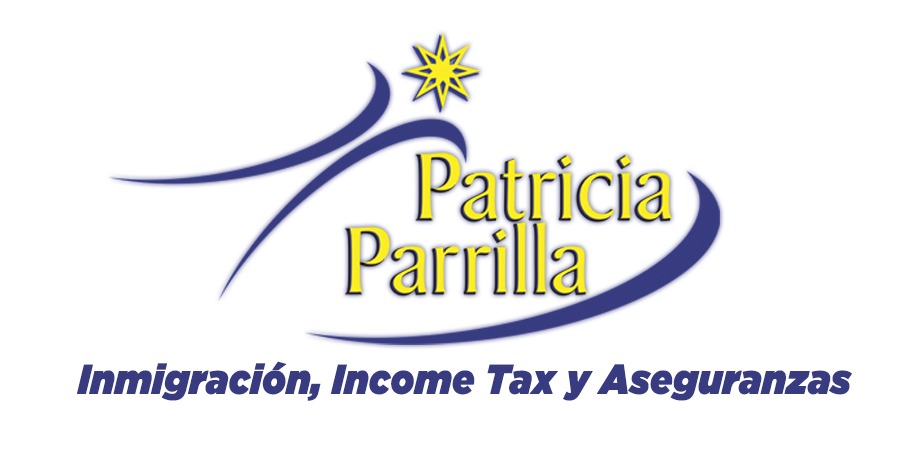
Many states are rolling back reopening plans, and the looming flu season could present additional complications. That’s why the Internal Revenue Service and Security Summit partners are developing a five-week data security campaign that focuses on remote work.
“To help tax practitioners, the IRS, state tax agencies, and the nation’s tax industry, next week will begin a five-part summer awareness initiative called Working Virtually: Protecting Tax Data at Home and at Work,” the IRS explains in the press release from last Friday. “The initiative highlights security actions key to protecting tax professionals as they respond to COVID-19 while working remotely from their office and clients. Taxpayers can also benefit from some of the security tips.”
What are the Working Virtually: Protecting Tax Data at Home topics?
Tax professionals who closely follow the Security Summit will recognize the five Working Virtually: Protecting Tax Data at Home topics that are scheduled to drop on July 21, July 28, August 4, August 11, and August 18:
- “The ‘Security Six’ − basic protections that all practitioners should take”
- “Multi-Factor Authentication to protect accounts”
- “Virtual Private Networks to protect remote sites”
- “Phishing scams, including COVID-19 and Economic Impact Payments”
- “Protect Yourself: The need for a security plan and data theft plan”
It might seem quaint that people would need to be reminded to install security software, but the IRS notes that the Security Summit’s campaigns have significantly helped taxpayers: “Between 2015 and 2019, the number of taxpayers reporting they were identity theft victims to the IRS fell 80%, and the number of confirmed identity theft returns stopped by the IRS declined by 68%. In 2019, there were 443,000 confirmed identity theft tax returns compared to 1.4 million in 2015.”
(Besides, I’m sure everyone knows at least one person who rarely updates their virus definitions—if they even have an antivirus program installed at all.)
Aside from learning about the benefits of additional security measures like multi-factor authentication and VPNs, the final week in the series promises to explain tax office security plans. For those who aren’t familiar, paid tax return preparers are covered by the Federal Trade Commission’s Safeguards Rule. It requires that you have a written security plan in place that outlines your office’s procedures for protecting client data and addressing security breaches if they occur.
The Virtual Nationwide Tax Forums will also highlight data security.
The IRS says the first Virtual Nationwide Tax Forums will be available from July 21 to August 20, and “tax professional security will be a special focus.” Registration costs $289 per person—don’t forget to visit the Drake Software virtual booth during the event!
Source: IR-2020-163

 Patricia Parrilla Tax Services
Patricia Parrilla Tax Services